
How does Octopus Energy
do green power?
We're on a mission to power the planet with cheap, clean energy as quickly as possible.
You get fairly-priced greener tariffs today, while we help build a smart, sustainable, low-carbon energy system for tomorrow.
We Operate





Renewable
generation
to Power
Homes

We Buy From
producers
and counting.
We Pay over
their home
solar power
since April 2019
have generated
enough to
power
a year

We Offset Over
of Co2
customers' gas
between 2018 - 2023
cancelling



New York

networks are available on
Octopus Electroverse. That's over
half a million charging points
across the UK.
an open research lab devoted to researching a
low carbon energy system
low-carbon heat R&D centre
Octopus is a living example of the kind of company that Generation was founded to invest in.
A company that is a true enabler of a sustainable system led by a mission driven team.
Al Gore, Co-Chair, Generation Investment Management
Green electricity
How we help our customers and the whole of the UK have green energy usage

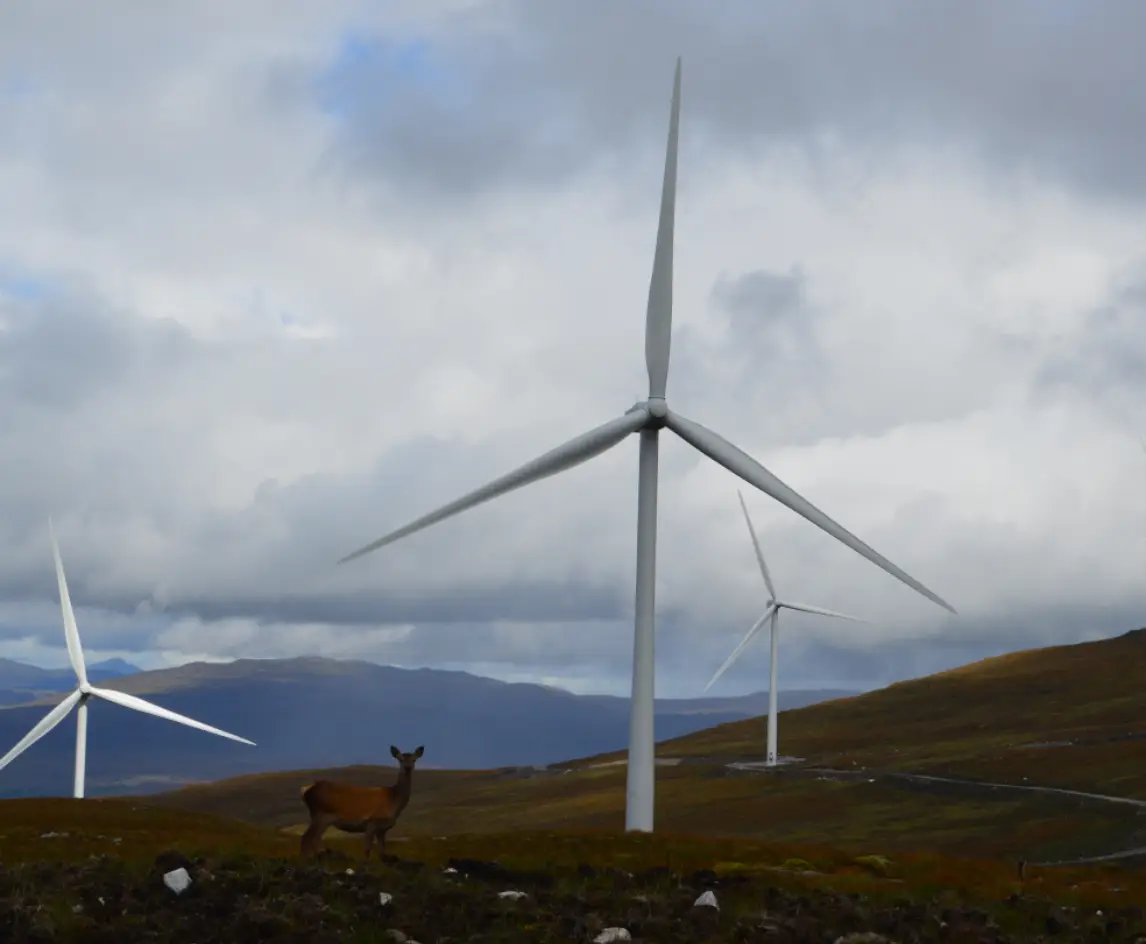
£6bn worth of renewable generation
Octopus Energy Generation is one of Europe's largest investors in renewable power, managing ~4GW of renewable electricity over 240 large-scale green energy projects spanning 10 countries, with a combined asset value of £6 billion. In July 2023, we committed a further £15 billion investment in offshore wind which will go towards the generation of 12 GW of renewable electricity capacity; enough power for 10 million homes.
By 2030, Octopus Energy Generation is targeting 20 GW of European green generation projects, enough power for 15 million homes.
Find out more
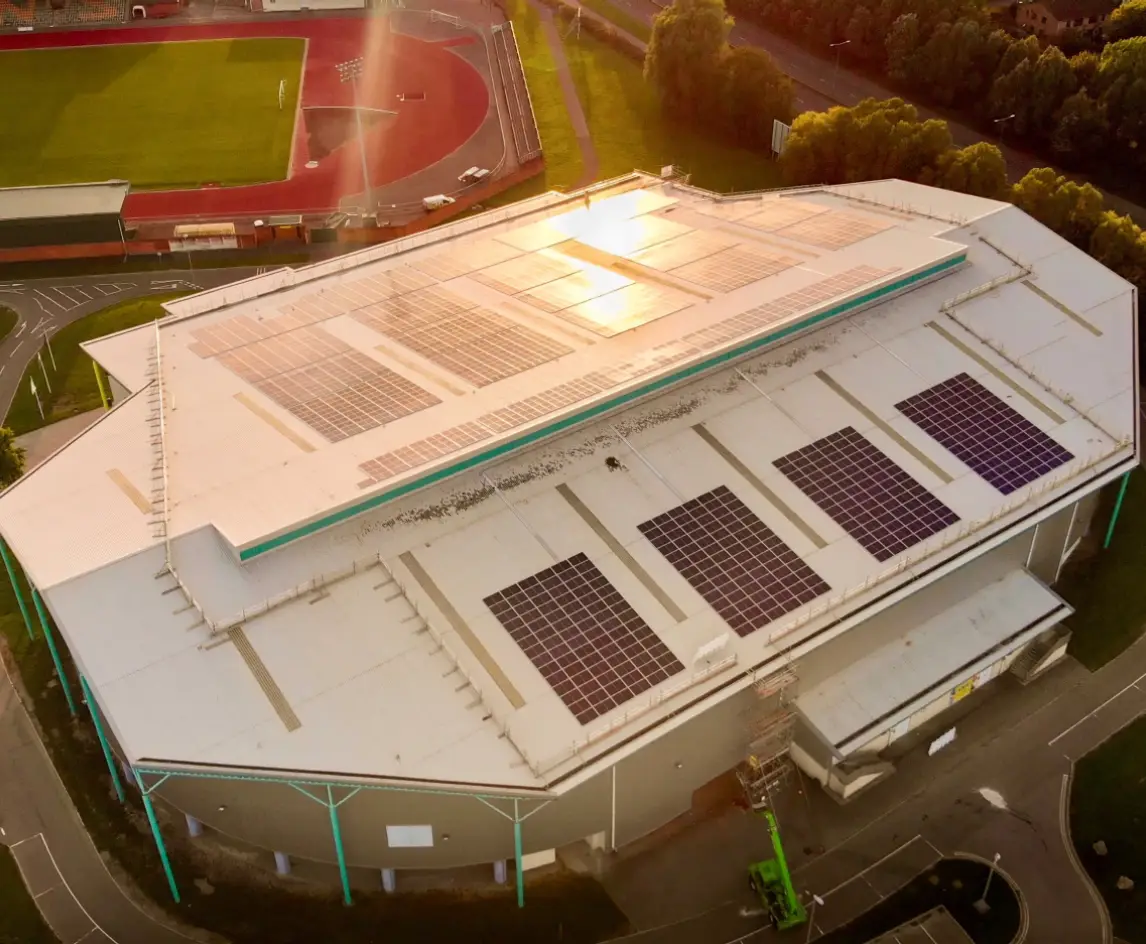
Buying renewable electricity from 700 UK renewable generators
We buy renewable electricity directly from more than 700 generators here in the UK via contracts called ‘Power Purchase Agreements’, or PPAs. Read more about the wind, solar and hydro generators we work with.

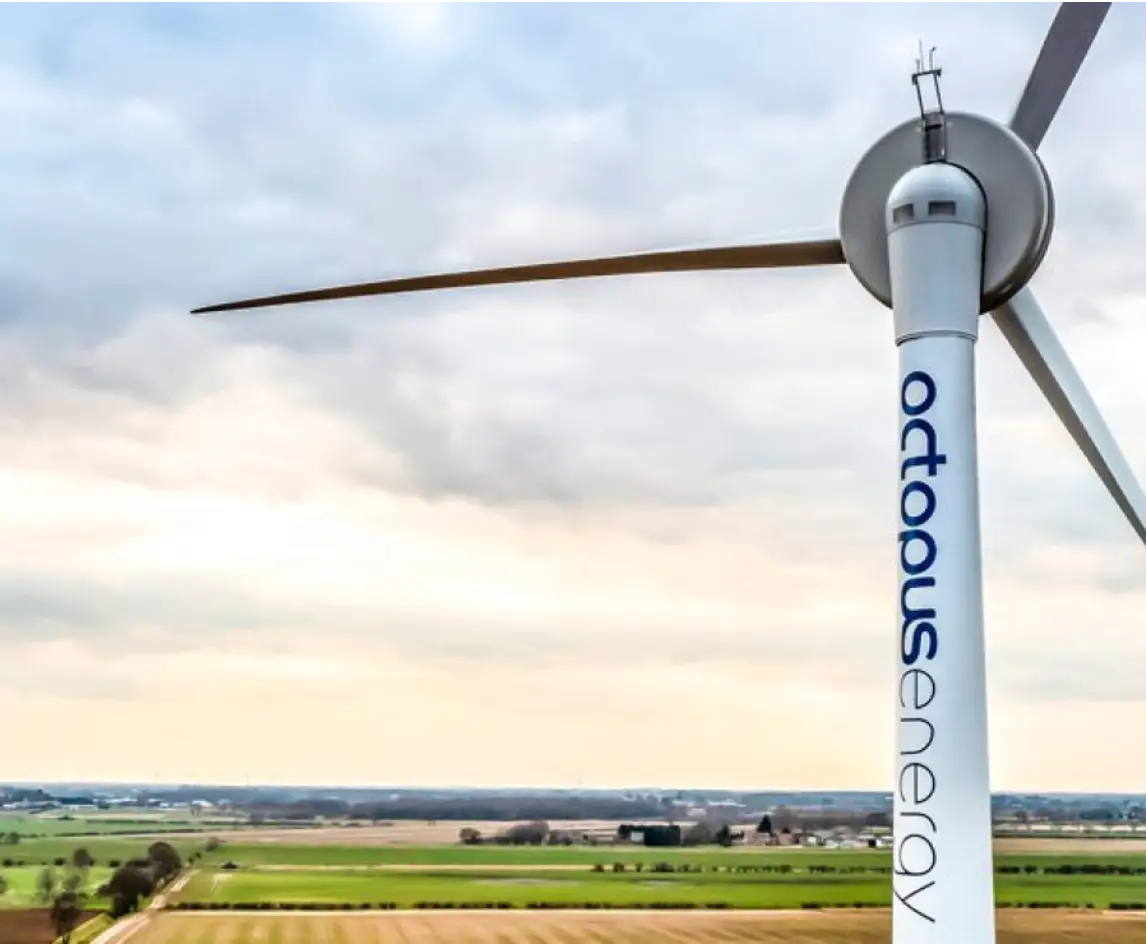
Octopus-owned power
We've begun buying and adopting our own renewable electricity generators: we own two fans in Yorkshire and South Wales and have adopted a further two in Lincolnshire and Yorkshire from within the wind farms we operate – and that's just the start.
Through the Octopus Fan Club, communities who live closest to our Fans get their power up to 50% cheaper when the turbines are working hardest.
Want a wind turbine on your land? We match-make willing landowners with enthusiastic communities who want their own renewable electricity source. Understand more about how wind power is the future of UK energy and learn how you can be a part of it.
Find out more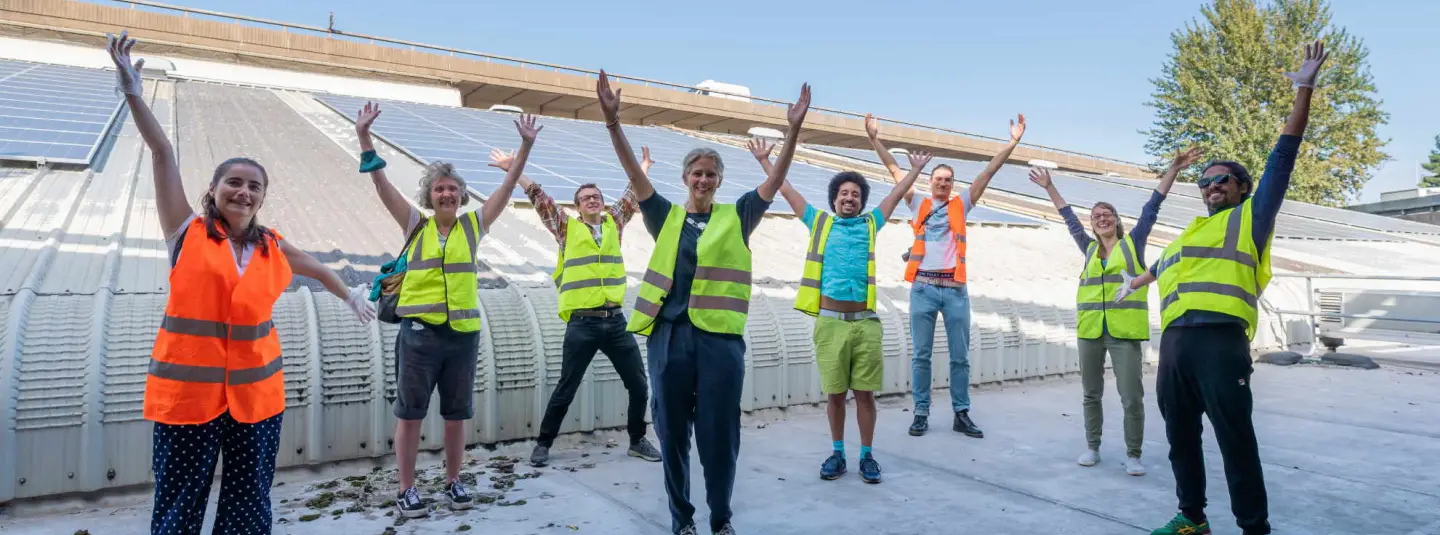
Unlocking green power for the people
We believe in forging deep connections between communities and their green power. We are buying green power from one-third of the community energy sector, from over 250 Power Purchase Agreements. Through these energy projects, locals own and run their own green generation, and profit is reinvested in local charity or environmental initiatives.
We're long term supporters of Renewable World, an incredible Brighton-based charity building innovative renewable energy projects to fuel-poor communities worldwide.
Follow Renewable World as they build solar panels for medical centres in rural Kenya:
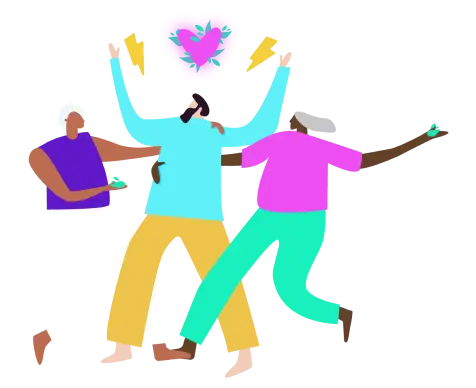
Moving to net zero
To have any hope of halting climate catastrophe, we need to change the energy system on a global scale.
We're pushing system-wide changes to end all reliance on fossil fuels in energy, heating and transport.
Our technology is unlocking the smart energy system of the future: making the most of the renewable sources of energy we already have, changing how and when all of us use power, and finding new ways to get around and heat our homes. Crucially, we're making sure customers get rewarded for making green energy choices.
Be energy independent and save up to 90% on your electricity bill with an Octopus Energy solar panel and battery installation. If you're ready to generate and store your own renewable electricity, and sell excess energy back to the grid then find out more.

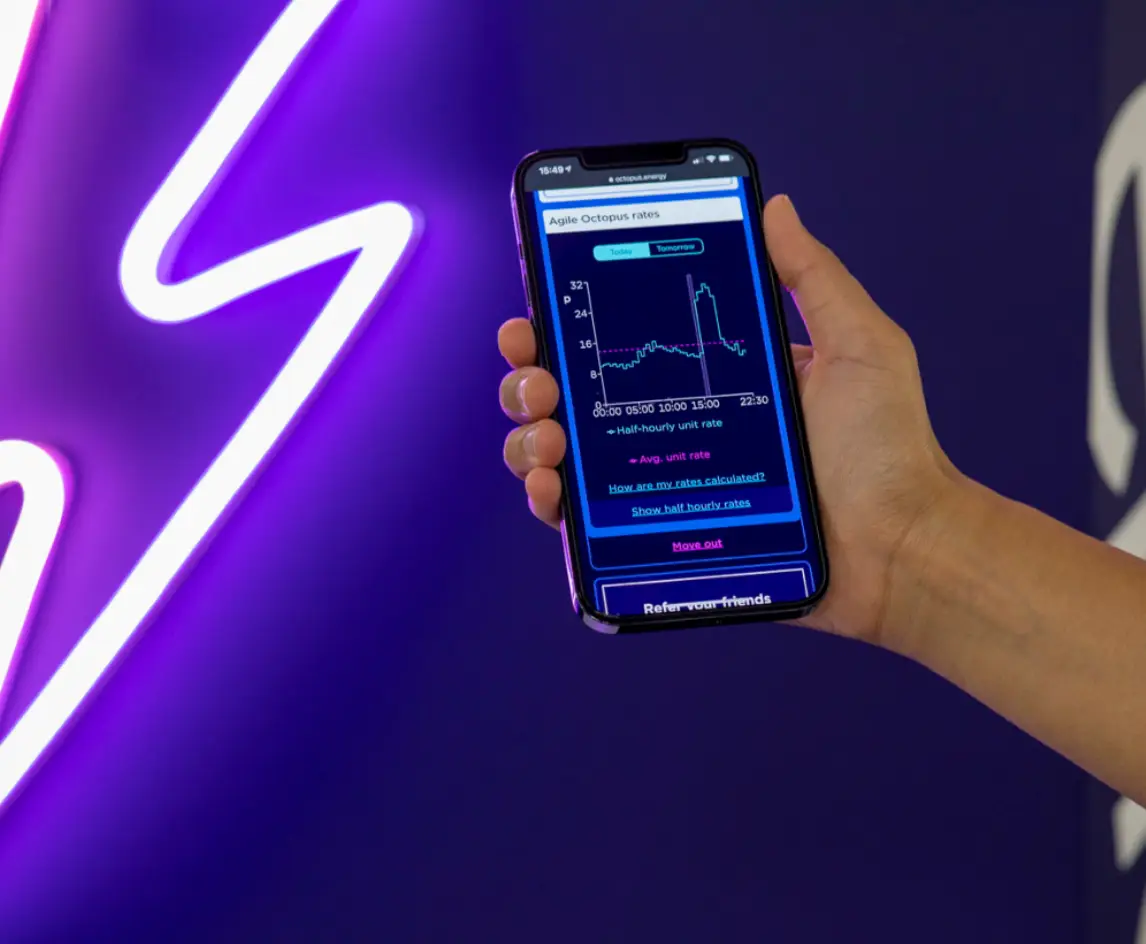
Cutting-edge smart green energy tariffs
Our one-of-a-kind smart tariffs are a whole new way of buying and using green energy, rewarding you for moving your energy consumption to the 'greenest' times of day and integrating with smart devices to create the blueprint for a low carbon smart home.
Thousands of homes across the UK use these innovative beta tariffs, getting paid to use up renewable electricity, or to export power from their solar panels, to support the UK electricity grid and reduce the need for fossil fuels. Last year, we paid £5,400,000 to over 600,000 customers for reducing their electricity consumption at the time the grid was dirtiest. Each time, their collective savings saved as much as a gas powered-station could generate.
Find out more
The heat pump revolution
We've made it possible for the greenest solution in home-heating - the heat pump - to be installed & run for a similar cost to a gas boiler. Our standard installation costs range from as low as £500. It can cost more if you have a larger home or non standard installation but virtually all our quotes are less than the national average of £5,500. Both of these prices include the new government grant of £7,500. We’ve been working hard to bring heat pumps to you at the lowest price possible. 90% of our heat pump quotes are lower than the national average cost. With home heating making up 17% of the UK's overall emissions (largely thanks to gas boilers), we see huge potential for change.
Over 1.7 million people replace their boilers every year, find out how we're revolutionising heat pumps as the planet friendly alternative, and cutting carbon by around 70%.
Find out more
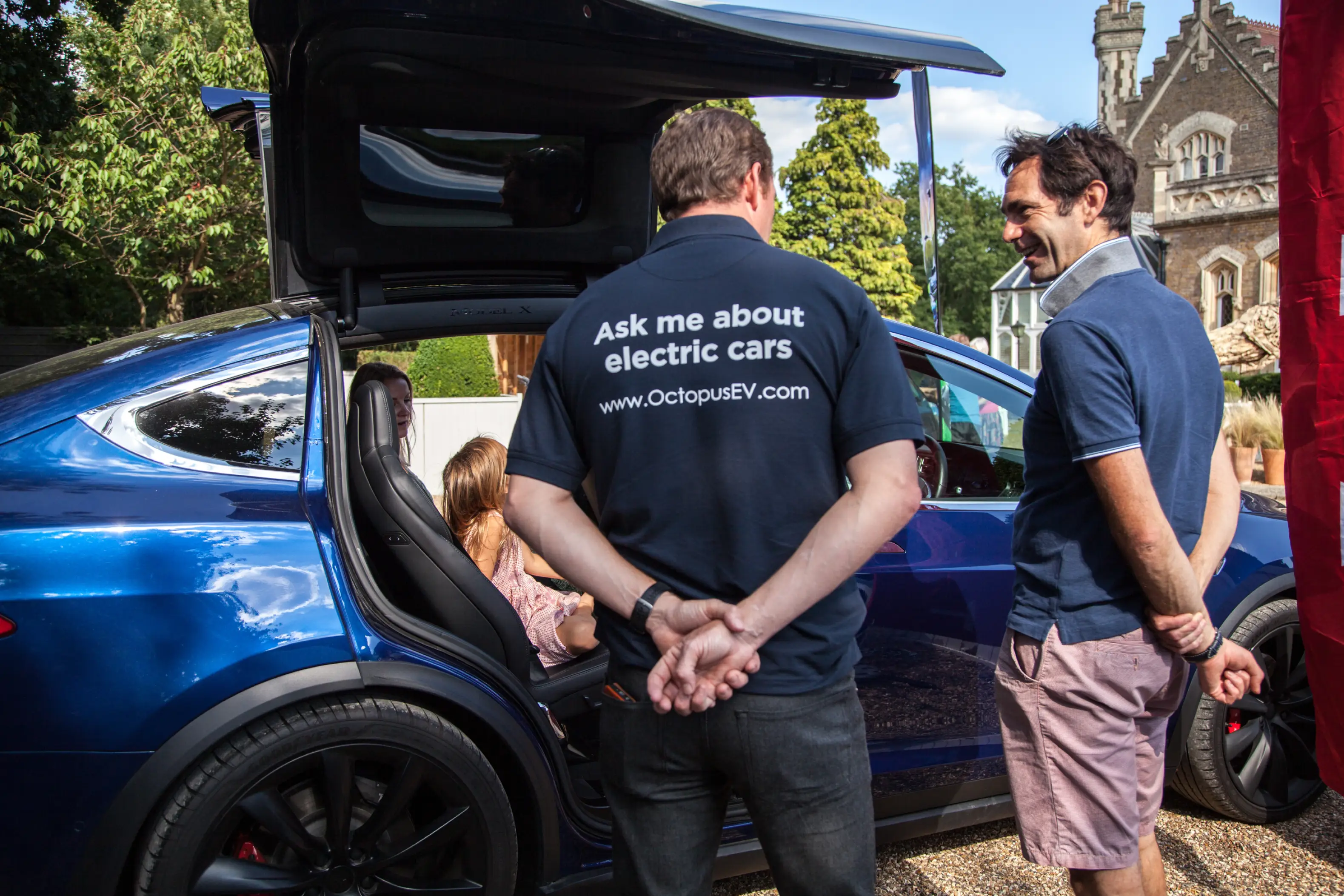
Electric transport for all
Transport contributes over 1/3 of all greenhouse gas emissions in the UK, so we're working to make EVs the simplest, most affordable choice for all.
Octopus Electric Vehicles is bringing electric vehicles to people and businesses through impartial advice, leasing packages, EV chargers, smart electricity – even super innovative stuff like our vehicle-to-grid charging trial, Powerloop.
Over 50% of the UK's public EV charging points are available in our app: discover the Electric Universe.


Driving critical research into low carbon energy
We've invested £5,000,000 into the creation of the Centre for Net Zero. The Centre autonomously analyses our global customer dataset in depth, through field trials, experimentation and cutting-edge AI models it generates insights about the active participation of people in the future energy system.
CNZ uses its research to influence the key decisions of governments, policy-makers and grid operators, promoting the acceleration of the energy transition at low cost.
How our electricity was generated
Between 1st April 2023 and 31st March 2024
Electricity from zero carbon sources:
100%
| Octopus Energy | UK electricity overall | |
|---|---|---|
| Carbon emissions | 0 g/kWh | 171 g/kWh |
| Renewables 😎 | 84.8% | 43.2% |
| Nuclear 🙂 | 15.2% | 12.7% |
| Gas 🤨 | 0% | 35% |
| Coal 🤮 | 0% | 6.3% |
| Other 🤔 | 0% | 2.8% |
Our renewable sources
| Off-shore wind | On-shore wind | Solar | Hydro | Biomass |
|---|---|---|---|---|
| 56.8% | 32.2% | 6.3% | 4.6% | 0.1% |
With some of our electricity sourced from nuclear generation, there were no CO2 emissions, but there was some high-level radioactive waste created – the equivalent of 0.0009 g/kWh, compared to 0.0007 g/kWh for the UK's electricity overall.
That's around 0.24ml of high level radioactive waste for a typical home. Over 20 years, that adds up to almost one teaspoon of waste, which is securely transported and stored in pools in Cumbria.
If the electricity was produced from gas instead, it would have released 154 kilograms of carbon dioxide into the environment over the year, and over twenty years would release more than enough to fill a typical leisure centre swimming pool.
It's also worth noting electricity from fossil fuels causes far more deaths than either renewables or nuclear, and that's just counting accidents and air pollution (so not including climate disasters).
Green energy: Frequently asked questions
What is green energy?
Green energy is energy that does not release carbon emissions when the electricity is generated. At Octopus, we primarily purchase your electricity from renewable sources such as wind, solar or hydro (water). Non-green energy, such as coal or gas, releases carbon dioxide into the atmosphere when the electricity is generated.
How can a smart meter make me greener?
Smart meters make you more aware of your energy usage, so you can think about ways to reduce what you're using. But beyond that, they can also be great tools to support and balance the national energy system. Automatic, half-hourly smart meter readings give customers access to "dynamically-priced" energy tariffs such as Agile Octopus, where you can pay less to use energy at times of day when it's 'greener' i.e. on a particularly windy or sunny day, or in the early hours when demand is really low and there's lots of surplus green power not being used.
This way, smart meters can help encourage people to use less power at the busiest times to avoid the need to burn extra fossil fuels to meet the extra demand. Collectively, this could make a real difference to lower your bills and the UKs carbon emissions – and we're working to show this through our available smart tariffs like Octopus Agile, Octopus Go, Outgoing Octopus and smart energy projects like Saving Sessions.
If my energy comes from the grid, how can it be green?
Green electricity suppliers can't pump clean electrons through separate wires to your home. Instead, all energy generators, green and dirty, pump energy into the electricity grid, and it's this 'energy mix' that powers your home. Suppliers like Octopus are green because we invest in renewable generators in a number of different ways to support them to pump even more green electricity into the system.
We buy electricity from renewable generators to match some of the energy our customers use, for the rest we have 'PPA' agreements with 700 renewable generators, some independent, and some from within the £6 billion, 4GW portfolio of UK renewable energy producers we operate.
Legal stuff we have to say
- Carbon emissions calculations - The total tonnes of CO2e we have offset with our partner Renewable World for members on our Super Green tariff is 1,056,700tCO2e. A 24 hour long haul flight emits 3.4tCO2e per seat, the total return flight journey time between London and New York is 16 hours 30 minutes. This equates to 2.3375tCO2e per seat per return flight from London to New York. Assuming a Boeing 777 to New York has 350 occupied seats, that's 818.125tCO2e emissions per return flight from London to New York. Divided by the total amount of tCO2e we have offset with Renewable World that's equivalent to 1,292 return flights from London to New York. (source: How Bad Are Bananas - Mike Berners Lee)
- Energy consumed in the home accounts for 17% of the UKs territorial Greenhouse Gas emissions. Transport accounts for 34% of the UKs territorial Greenhouse Gas emissions. (Source: 2022 UK greenhouse gas emissions: provisional figures)
Hey I'm Constantine, welcome to Octopus Energy!
×Close window




